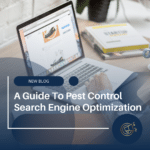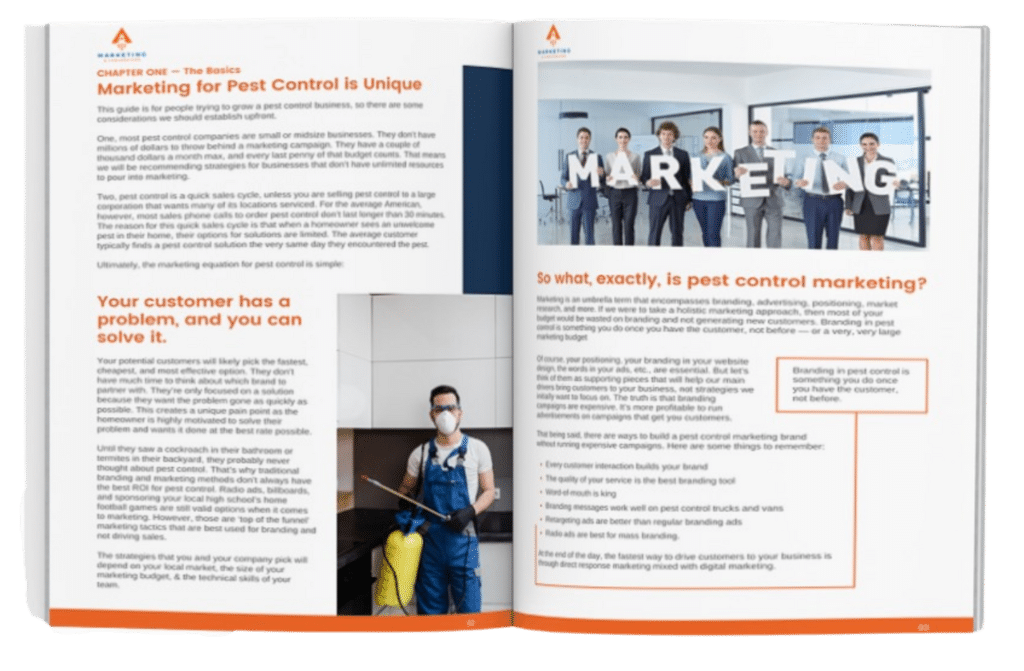The First Steps In Ranking Your Pest Control Website on Google
As a pest control company, it is important to have a strong online presence in order to attract new customers and grow your business. One effective way to do this is by optimizing your website for local search results. In this article, we will discuss the key elements of local search engine optimization (SEO) and how a pest control company can use them to improve their website’s ranking and visibility.
On-page SEO
On-page SEO refers to the optimization of individual web pages in order to rank higher in search engine results. This includes optimizing the title and meta tags, as well as the content of the page. For a pest control company, it is important to include keywords related to your services and location in your title and meta tags. For example, if your company is based in Chicago, you might include keywords like “pest control Chicago” and “Chicago exterminator” in your title and meta tags.
In terms of the content of your web pages, it is important to include relevant keywords and phrases throughout the text. This will help search engines understand the topic of your page and improve its ranking in search results. It is also important to include your location in the content of your pages. For example, if you are a pest control company in Chicago, you might mention your location in the first paragraph of your About Us page.
Keyword research
Keyword research is an essential part of local SEO. It involves identifying the keywords and phrases that potential customers are searching for when looking for pest control services in your area. There are a number of tools that you can use to conduct keyword research, such as the Google Keyword Planner. By understanding the keywords and phrases that potential customers are using, you can optimize your website and content to rank higher in search results.
Blog article writing
In addition to optimizing your web pages, it is also important to create regular blog content that is relevant to your audience. This can help improve your website’s ranking in search results and provide value to potential customers. When writing blog articles, it is important to include keywords and phrases related to your services and location. For example, if you are a pest control company in Chicago, you might write articles about common pest problems in the Chicago area and how to prevent them.
Obtaining local backlinks
Another important aspect of local SEO is obtaining backlinks from other websites in your area. Backlinks are links from other websites that point to your website. These links are considered “votes of confidence” by search engines and can improve your website’s ranking in search results. In order to obtain backlinks, you can reach out to other local businesses and ask them to link to your website. For example, you might ask a local hardware store to include a link to your website on their “Resources” page.
Building citations
Citations are mentions of your business name and contact information on other websites. These can include directory listings, online directories, and local business listings. Citations help search engines understand that your business exists and is located in a specific area. In order to build citations, you can create listings on popular online directories, such as Yelp and Google My Business. It is important to ensure that your business name, address, and phone number (NAP) are consistent across all citations.
In conclusion, local SEO is an effective way for a pest control company to improve its ranking and visibility in search results. By optimizing your web pages, conducting keyword research, creating regular blog content, obtaining local backlinks, and building citations, you can improve your website’s ranking and attract more potential customers.





